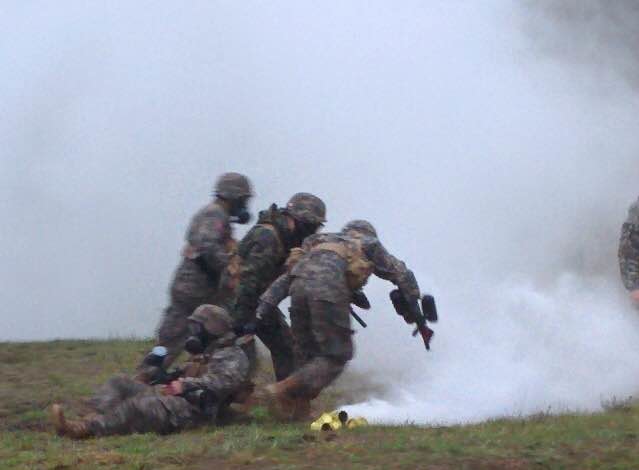When walking down a metropolis street, it is not uncommon to see a homeless person. After seeing them, a person may make assumptions about how and why that person became homeless.
Social psychologist Carolyn Weisz of the University of Puget Sound spoke about the stigmas of homelessness and race last Friday at Pacific Lutheran University’s Psychology Colloquium.
Weisz defined homelessness as the lack of fixed, regular and adequate nighttime residence, and stigma as personal or social identity that receives negative responses.
She also said race receives a stigma from society in general. The different types of racism are systematic racism, a system of advantages based on race, old-fashioned racism, which is blatant bigotry, and modern racism, which is rationalized discriminatory behavior. All of these are usually present when a homeless person confronts someone.
Weisz conducted a survey with homeless women in 2009 and homeless men in 2010 about the different ways they were stigmatized.
The surveys were conducted at the annual Project Homeless Connect, an annual event in Tacoma with the goal to end homelessness.
Most men and women surveyed definitely felt the stigma of homelessness, but black women especially felt the stigma of race, almost twice as much as their white counterparts.
Men classified in the miscellaneous race category — not black or white — also felt a racial stigma against them, more so than the homelessness stigma. Most of the “other” raced men were Native American.
“Issues of homelessness and race are easy to see and stigmatize,” senior Kathryn Boelk said. “It is important to establish the data first and Dr. Weisz did that.”
Further discussion on race and education will be discussed at the Race and Pedagogy National Conference at the University of Puget Sound. The conference will take place Sept. 25-27.


























